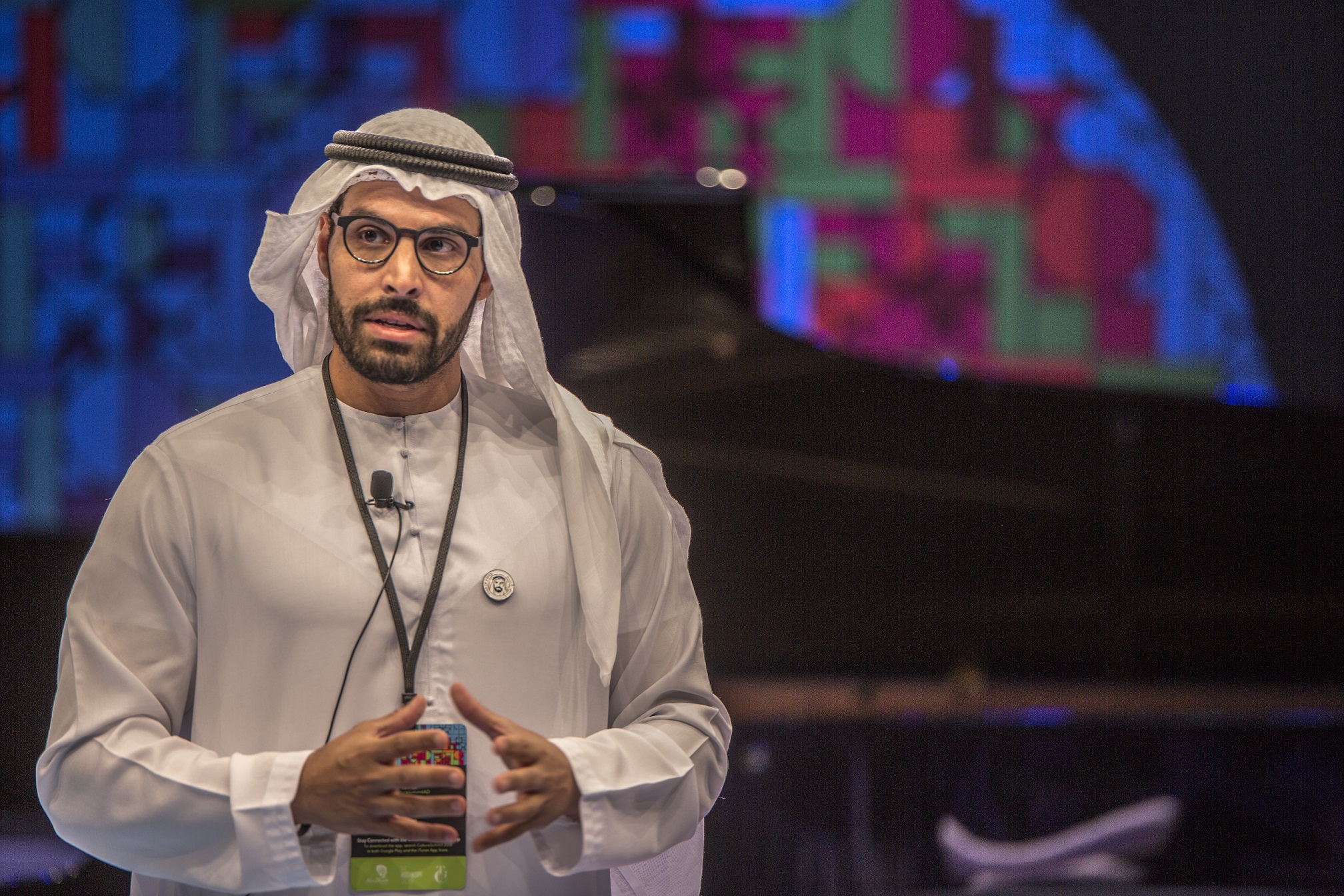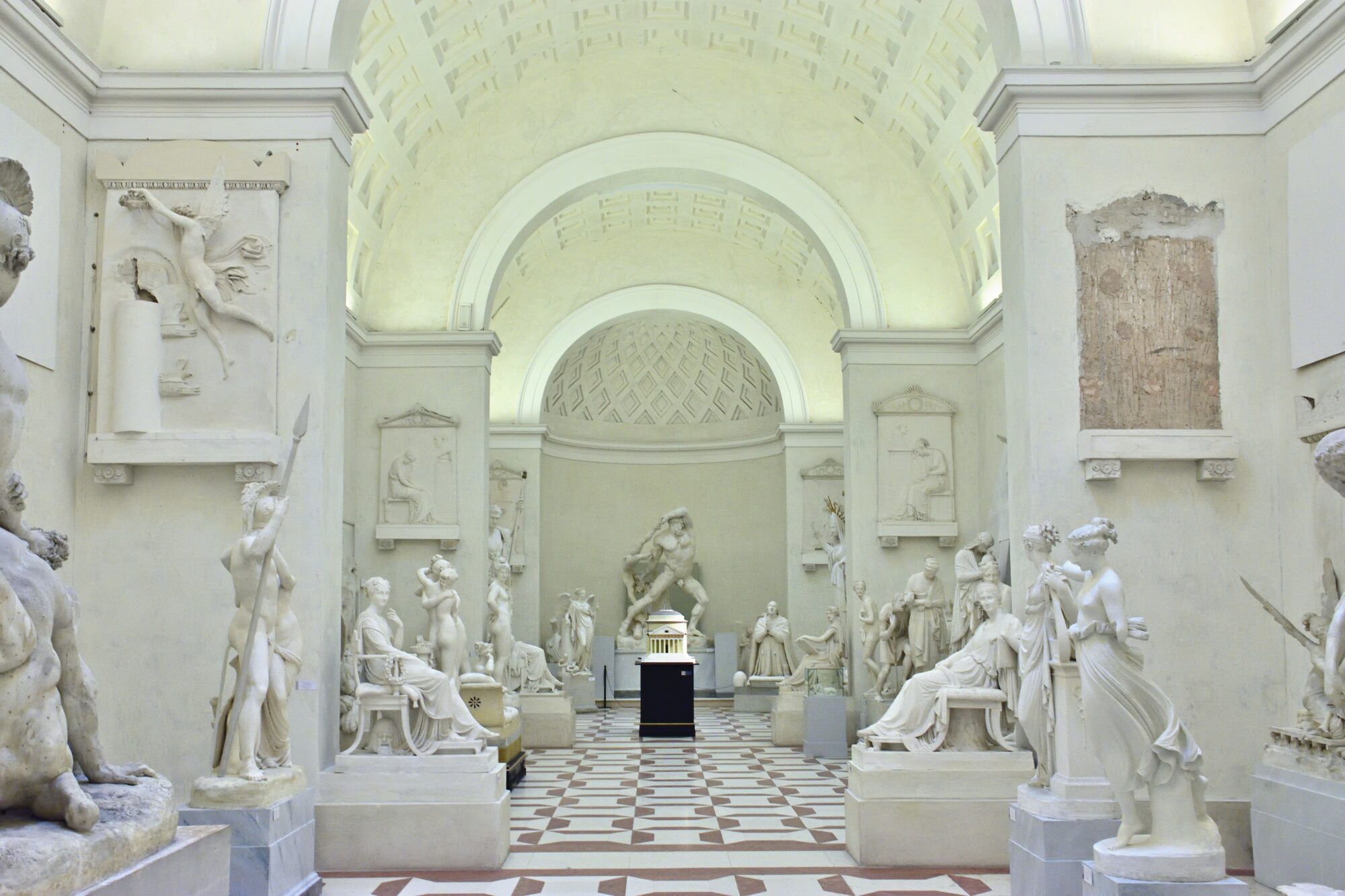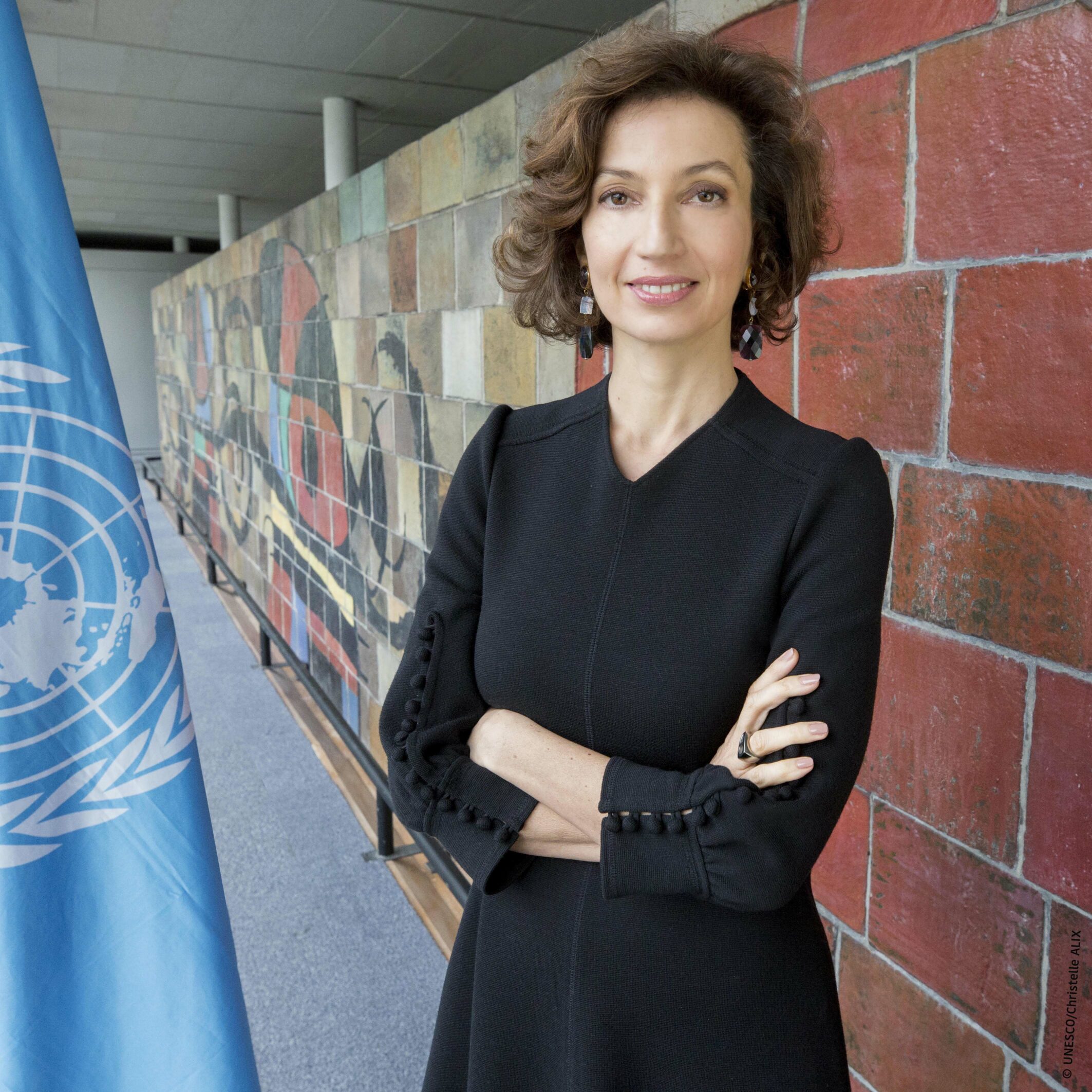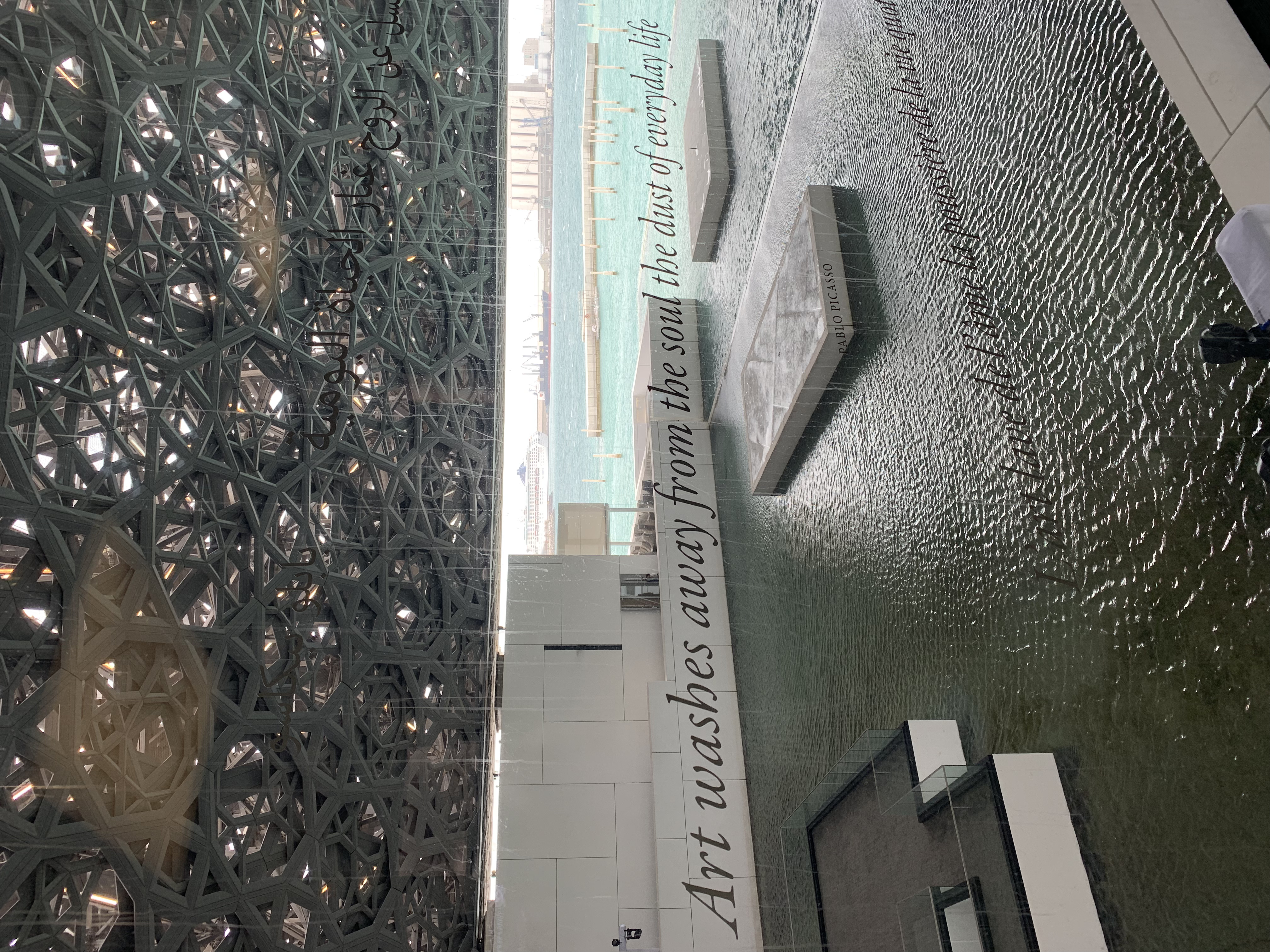Culture Summit Abu Dhabi 2021

HE Mohamed Khalifa Al Mubarak. © Department of Culture and Tourism - AD
For four years now, the Department of Culture and Tourism – Abu Dhabi (DCT Abu Dhabi) has organised the Culture Summit Abu Dhabi, an international congress that took place online for the second time this year: Three days and a programme with over 100 global experts from the fields of culture, creative industries, media, politics and technology. The agenda included topics such as community and responsibility, diversity and pluralism in culture, as well as digitalisation and equal accessibility of cultural content.
Participants from different countries, including cultural policy makers, artists, designers, architects and activists, discussed the recovery and transformation of the cultural sector after the Covid crisis and discussed possibilities for a new system architecture that can respond to the current, as well as future crises, with greater resilience and adaptability.
At the same time the International Year of Creative Industries for Sustainable Development 2021 was examined from the perspective of how the creative industries can advance the UN Sustainable Development Goals (SDGs) in education, business, innovation and infrastructure, cities and communities, and in the reduction of inequality.
"It is crucial, that the discussions held over the past three days continue, not just for next year, but for the next 20, 30 years and beyond.” HE Mohamed Khalifa Al Mubarak

© Matteo Maretto for Unsplash
In this sense, HE Mohamed Khalifa Al Mubarak, Head of the Authority for Culture and Tourism, was able to state in Abu Dhabi that this year’s Culture Summit had brought together leading personalities from all over the world to discuss the most important problems of culture and creative industries and to find new ways of cooperation. He said it was clear that the framework for International Collaborations in general needed to be improved to strengthen the connectivity of the cultural ecosystem and to strengthen support for the people active in it. “We need to secure investment for the sector and make culture a top priority on the agenda of all politicians and decision-makers by showing how these sectors can contribute to sustainable economic and social growth,” Al Mubarak said on the closing panel.
"The creative industries are also a necessity for peace, because culture brings people together closer, by building bridges and by creating meaning." Audrey Azoulay, Director General, UNESCO

Audrey Azoulay, Director General, UNESCO. ©UNESCO Christelle Alix

© Culture Shifts
During the Summit, the DCT Abu Dhabi announced a joint study in collaboration with UNESCO to examine the impact of the Covid 19 pandemic on cultural and creative industries worldwide:
“Cultural revitalisation is an anthropological but also an economic necessity, because the creative industries generate trillions of dollars every year, and their impact and influence are often underestimated,” says Audrey Azoulay, Director-General of UNESCO. Yet the creative industries are a necessity for peace through their mediating and meaning-generating power.
All sessions from Culture Summit are available online via the website and YouTube channel.